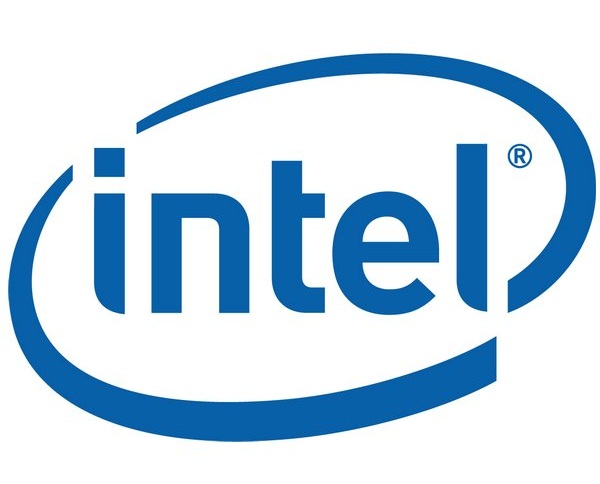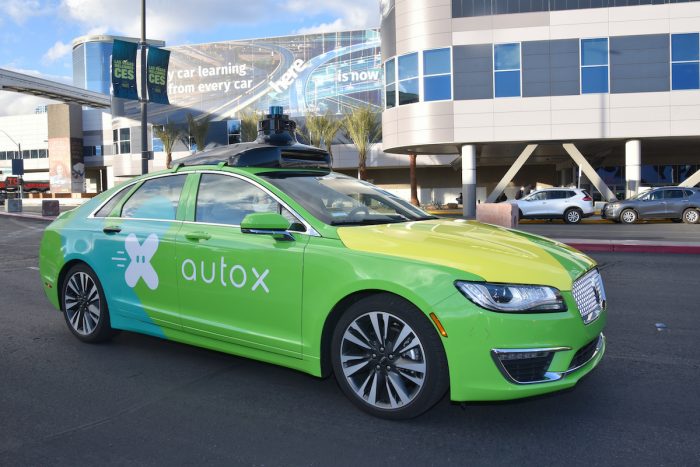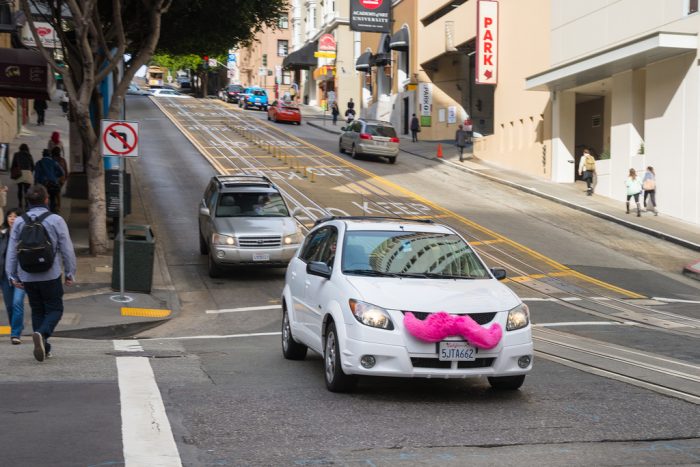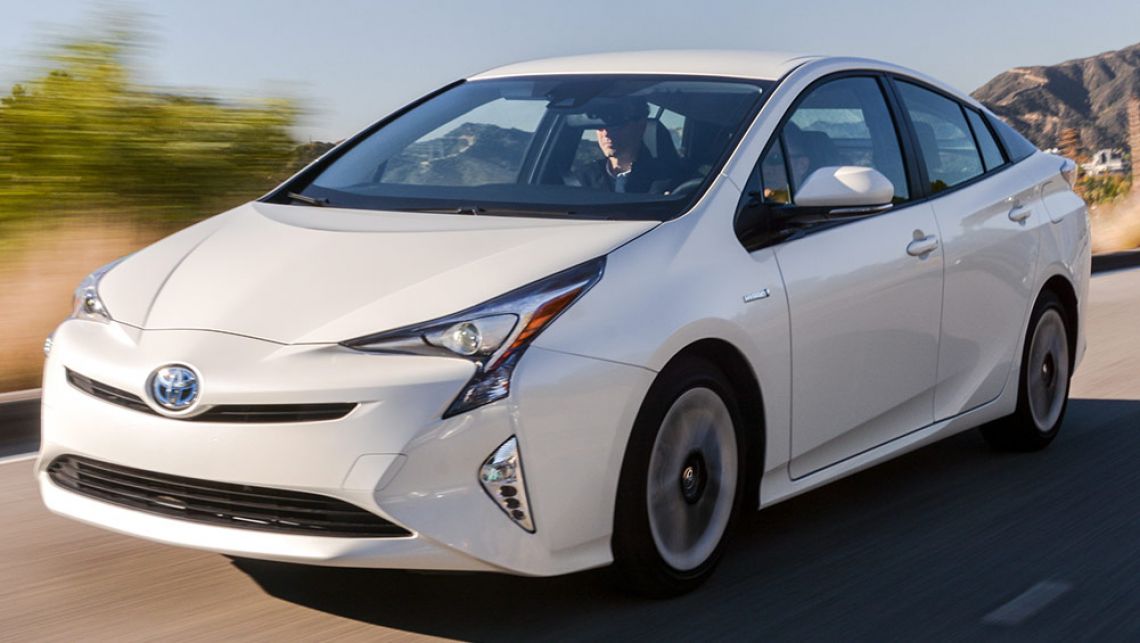Now Reading: The Industries Threatened By Driverless Cars
-
01
The Industries Threatened By Driverless Cars
The Industries Threatened By Driverless Cars
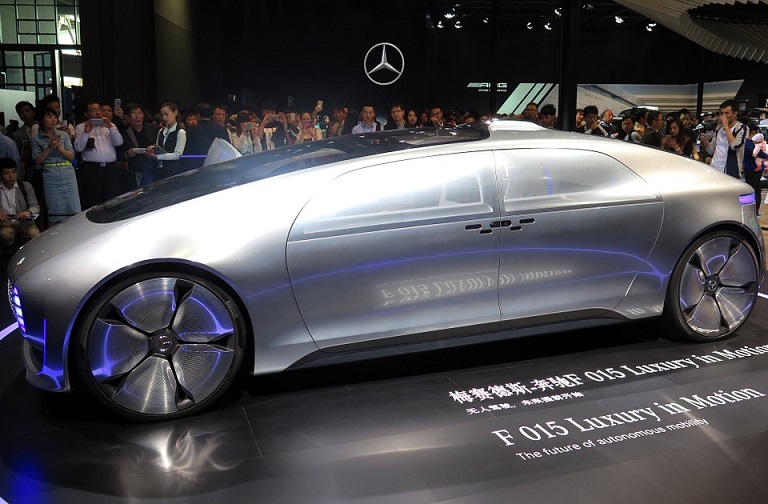
With some of the biggest names in global business and technology now focusing their efforts on this concept of autonomous – or driverless – vehicles, it is all but guaranteed that the developed world will see a huge shift within the next two decades. When Google says it will do something, it usually does, especially when other companies enter this fold, such as Intel, Tesla, Audi, BMW, nuTonomy, Volvo, Bosch, and Uber are all making waves in this space.
Don’t believe us, well Tesla has already brought out its Model S, which features an autopilot mode that can be activated when the car is driving on highways. So, yeah, it is likely to become a reality faster than we know.
But while technology and automotive companies are in line to gain a huge amount financially from this advancement, there is a huge range of other industries that could collapse as a direct result. It will fast become a matter of adapt or die for so many sectors, but which ones are going to be most affected.

- The Insurance Industry
The only way that driverless cars will be allowed to become a reality for consumers is if they are flawless in terms of safety. That is surely a fact. We can allow human error, but to have a glitch in technology is unacceptable for obvious reasons. As such, insurance companies will start to feel the heat very quickly, as will anyone that is a car accident lawyer. Of course, insurance companies will likely see a major boost in revenue, to begin with simply because there will be less and fewer payouts to endure. But as time goes on, the need for motor insurance will become less and less. This daunting future is why so many insurers have to start to roll out UBIs, which essentially charges a driver on how much they use their car and what their driving habits are like.
- The Professional Driver
The CEO of Uber has already announced that, should the technology be available, then they would get rid of all of their drivers and replace them with automation. With this reality already laid bare, there will be a reduced demand for professional drivers of all types, from truckers to taxi drivers, ambulance drivers to just about anyone else that does this for a living. The reason for this is simple; telematic technology will allow companies to manage their autonomous fleets and provide an excellent service with more efficiency and fewer costs. Of course, humans will still be required to operate this tech, but for how long we don’t know. Australian ore mining companies are already using driverless vehicles, and this will be something that surely catches on elsewhere.
- The Hotel Industry
The poor old hotel industry has taken an absolute battering over the last couple of years, and their future doesn’t look to be getting any brighter either. It all started with the daddy of disruptive technologies, Airbnb, which ate away at the revenue stream, allowing people to seek out alternative lodgings anywhere in the world. What’s more, the acceleration of driverless cars will only add to this. The reason, people won’t need to stop over just one night or drop into a motel when they get tired or seek a bed when they are driving from one place to another. The owners of autonomous vehicles will simply choose to sleep in their vehicles instead, saving themselves money and saving themselves time; the two most valuable commodities out there.
- The Airline Business
Of course, those airlines that offer long-haul flights will remain safe for a long time to come. But those that specialize in domestic flights will be shaking in their boots a bit by now. It is just a matter of simple psychology. Why would you want to go through the hassle of flying – the parking, the airport, the uncomfortable seats, the baggage reclaim and the taxis – when you could simply cut it all out with an on-demand car journey. Think about it. Let’s say you live in Edinburgh but need to get to London, whether it be for business or pleasure. With autonomous cars, your vehicle can wake you up at 4.30am and drive you all the way. This would allow you have undisturbed sleep or the peace and quiet to prepare for your meeting. This would do wonders for stress levels and mental well-being.
- The Fast Food Game
You may think that this will be safe given that about 70% of a fast food chain’s income is the result of their drive-thru offerings, but that in fact makes them vulnerable to the growth of driverless cars. The reason it will have a negative impact is because people will be able to simply tell their car where they want to go and then go there. There will be no need to detour or fall prey to an impulsive food purchase. In short, a person’s choice of food will be based less on convenience and more on quality. The other reason for fast food chains taking a hit will be the fact that there will be less need to stop and refuel, which seems to be a big feature of all those in the race for driverless dominance. You see, most manufacturers want their cars to have the ability to recharge when not being used, which will allow them to travel further without refueling.
Of course, this isn’t all that will be affected because a multitude of other industries and professions will see their revenues get dented. Driving schools will start to fail, urban planning is built around the need to cater for cars, and traffic enforcement won’t be needed. Car parts, mechanics, oil changes and car washes will all be less used as well. Those that sell fossil fuels will have to rethink their approach, as will those that offer public transportation. Basically, the entire spectrum of life and business as we know it will begin to shift, and we will very quickly have to adapt to the new circumstances in front of us.
Stay Informed With the Latest & Most Important News
Previous Post
Next Post
-
 01Polestar Boss Says It’s Time To Outrun BMW M And Mercedes-AMG
01Polestar Boss Says It’s Time To Outrun BMW M And Mercedes-AMG -
 02Spy Shots: 2027 Mitsubishi Pajero Spotted in Testing Ahead of Possible U.S. Return
02Spy Shots: 2027 Mitsubishi Pajero Spotted in Testing Ahead of Possible U.S. Return -
 032026 Toyota Hilux EV: A Powerful Truck with Silent Torque
032026 Toyota Hilux EV: A Powerful Truck with Silent Torque -
![2027 Mercedes-Benz S-Class Debuts with V8 Engine [Photo Gallery]](https://speedlux.com/wp-content/uploads/2026/01/2027-Mercedes-Benz-S-Class-33-155x125.jpg) 042027 Mercedes-Benz S-Class Debuts with V8 Engine [Photo Gallery]
042027 Mercedes-Benz S-Class Debuts with V8 Engine [Photo Gallery] -
 052026 Corvette ZR1 Production Surges Past Expectations as Output Clears 1,000 Units
052026 Corvette ZR1 Production Surges Past Expectations as Output Clears 1,000 Units -
 06Spy Photos: VW ID. Polo GTI Goes Electric with 223 HP and 280 Miles of Range
06Spy Photos: VW ID. Polo GTI Goes Electric with 223 HP and 280 Miles of Range -
 07The Controversial Ford Voodoo V8 That Was Killed Off Too Early
07The Controversial Ford Voodoo V8 That Was Killed Off Too Early



![2027 Mercedes-Benz S-Class Debuts with V8 Engine [Photo Gallery]](https://speedlux.com/wp-content/uploads/2026/01/2027-Mercedes-Benz-S-Class-33-700x394.jpg)




































